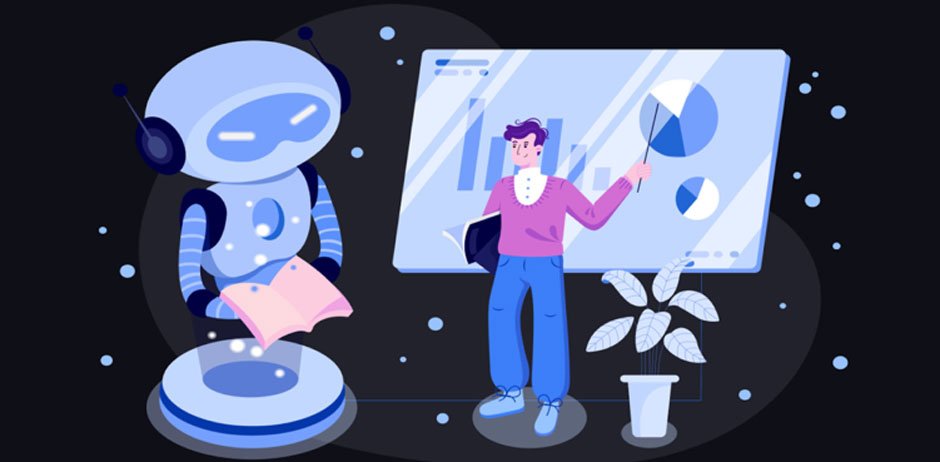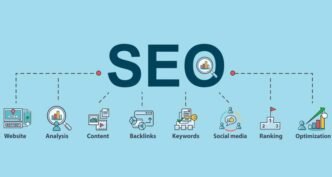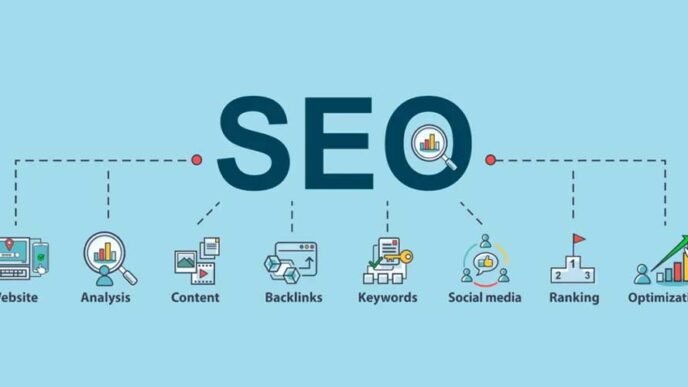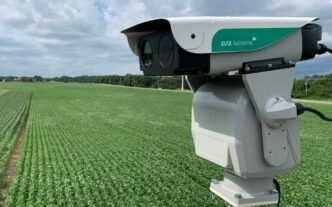Integrating artificial intelligence (AI) into the education system sector has been nothing short of transformative. For an education software development company, the opportunities presented by AI are vast and growing. From personalized learning experiences AI is transforming our approach to education through the use of intelligent tutoring systems, making it more efficient, engaging, and accessible for learners everywhere.
One notable player in this transformative landscape is Geniusee, a leading brand that leverages AI to develop groundbreaking learning solutions. They has been at the forefront of developing AI-driven EdTech platforms, ensuring that both educators and students benefit from the advanced capabilities of this technology.
Personalized Learning: Tailoring Education to Individual Needs
One of the most promising applications of AI in education is personalized learning. AI algorithms can analyze a student’s performance data to design personalized educational experiences to their unique needs, learning styles, and progress. This method enables students to progress at their individual speed., ensuring that they grasp complex concepts more effectively. Solutions like Duolingo and Thinkster exemplify how AI can adapt learning materials to fit individual proficiency levels, ensuring continuous engagement and improvement.
Personalized learning isn’t just about adjusting the difficulty of lessons. It involves providing diverse types of content and teaching methods that can cater to different learning styles. For instance, visual learners might benefit more from video content and infographics, while auditory learners could gain more from podcasts and verbal instructions. AI-powered platforms can provide these varied content types, ensuring that every student’s unique learning preferences are met.
Intelligent Tutoring Systems: Enhancing Student Understanding
Intelligent tutoring systems are another significant advancement brought about by AI in EdTech. These systems use AI algorithms to provide individualized tutoring and feedback, helping students better understand complex subjects and improve their academic performance. Platforms like Gradescope utilize neural networks to assist educators in grading assignments quickly and accurately, enabling them to prioritize student interaction and innovative teaching techniques.
In addition to grading, intelligent tutoring systems can simulate human tutors by offering hints and explanations in real-time. They can monitor student progress and detect when a student is struggling with a particular concept, offering additional practice problems or alternative explanations to facilitate understanding. This real-time adaptability ensures that students receive the support they need precisely when they need it.
AI-Driven Chatbots and Virtual Assistants: Immediate Support and Engagement
AI-driven chatbots and virtual assistants are revolutionizing how students and educators interact. These tools provide immediate responses to student queries, whether related to course content, schedules, or administrative support. By reducing the workload on educators, chatbots allow them to devote more time to teaching and mentorship. Additionally, AI chatbots can facilitate course evaluations and feedback collection, streamlining the administrative processes in educational institutions.
Beyond simple question-and-answer interactions, AI chatbots can also guide students through complex tasks such as research projects or exam preparation. They can recommend relevant resources, track study progress, and even quiz students to reinforce learning. This continuous support helps to maintain student engagement and can significantly enhance the learning experience, particularly in remote or online education settings.
Gamification: Making Learning Fun and Effective
Gamification is another area where AI is making a significant impact in education. By incorporating game-like elements into learning, AI technologies can create engaging and interactive educational experiences. Platforms like Quizlet use AI to develop personalized games that help reinforce key concepts, making learning both fun and effective. This approach not only enhances student retention but also boosts motivation and participation.
The use of gamification extends beyond simple quizzes and flashcards. AI can create complex game scenarios that teach problem-solving, critical thinking, and collaboration. For example, educational games can simulate real-world challenges that necessitate students to use their knowledge creatively to achieve success. These immersive experiences not only make learning enjoyable but also help students develop valuable skills that are applicable beyond the classroom.
Automated Grading: Efficiency and Detailed Feedback
The automation of grading through AI has proven to be a game-changer in education. AI-powered systems can evaluate student assignments quickly and provide detailed, personalized feedback. This not only saves educators valuable time, it also guarantees that students get prompt and helpful feedback on their work. Coursera’s AI-powered grading system, for instance, uses machine learning algorithms to analyze student responses, identify common mistakes, and offer targeted feedback.
Automated grading systems can handle a variety of assignment types, from multiple-choice quizzes to essays. For written assignments, AI can analyze the coherence, grammar, and content of the text, offering suggestions for improvement. This level of detailed feedback helps students understand their strengths and areas for development, enabling continuous improvement. Moreover, the immediate feedback provided by AI systems assists students in identifying and correcting their errors, enhancing their learning efficiency.
Predictive Analytics: Proactive and Informed Decision-Making
Predictive analytics is another powerful tool enabled by AI in the education sector. By analyzing historical data, AI can predict future trends, such as student enrollment numbers or potential academic struggles. This allows educational institutions to make proactive decisions, allocate resources efficiently, and implement timely interventions to support at-risk students. Predictive models can also enhance security by identifying vulnerabilities and mitigating risks, thus safeguarding student data and institutional integrity.
Predictive analytics can be used to improve student identifying individuals at risk to improve retention rates of dropping out. By evaluating aspects such as attendance, grades, and participation, AI can flag students who may need additional support. Institutions can then take targeted actions, such as providing academic counseling or adjusting course loads, to help these students succeed. Additionally, predictive analytics can optimize resource allocation, ensuring that educational institutions are equipped to effectively address the needs of their student bodies.
AI-Powered Tools in Action: Real-World Examples
Several AI-powered tools are already making a significant impact in the education sector. For instance, Knewton Alta uses AI to offer personalized learning recommendations based on data analysis of students’ learning behaviors. This ensures that each student receives tailored lesson plans and study strategies. Carnegie Learning uses cognitive and learning science research to provide personalized learning experiences for K-12 students, adjusting lesson difficulty based on student performance. Duolingo leverages natural language processing to create chatbots that assist learners with real-time feedback and personalized language practice.
These tools demonstrate the practical benefits of AI in education, from improving learning outcomes to enhancing the efficiency of educational processes. They highlight the potential of AI to transform the educational landscape, making learning more accessible, engaging, and effective for students around the world.
Conclusion: The Future of AI in Education
The impact of AI in EdTech is profound and far-reaching. By harnessing the power of AI, education software development companies can create solutions that address the varied requirements of students, creating a more tailored, effective, and accessible educational experience. Innovations in personalized learning, intelligent tutoring systems, chatbots, gamification, automated grading, and predictive analytics are just the beginning. As AI continues to evolve, it promises to further revolutionize the educational landscape, offering new opportunities for students and educators alike.
The future of education is undoubtedly AI-powered, and companies like Geniusee are leading the charge in this exciting transformation. By continuing to develop cutting-edge AI solutions, they are helping to shape a world where education is not only more effective but also more inclusive and engaging for all learners.












